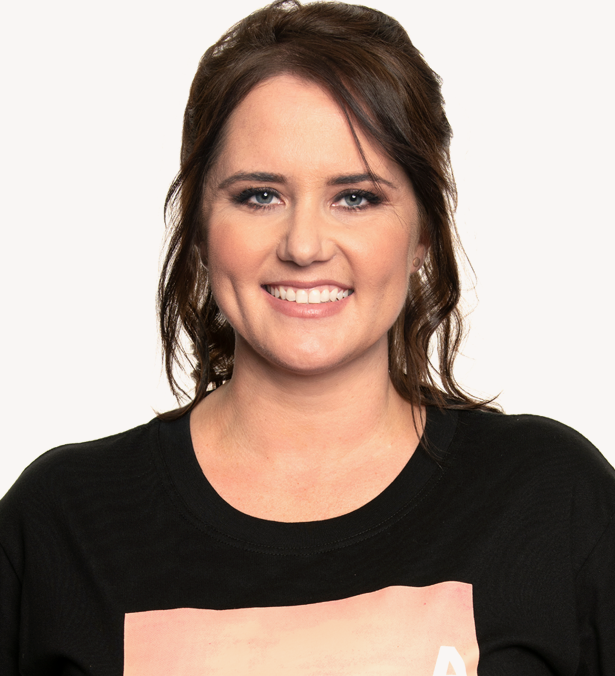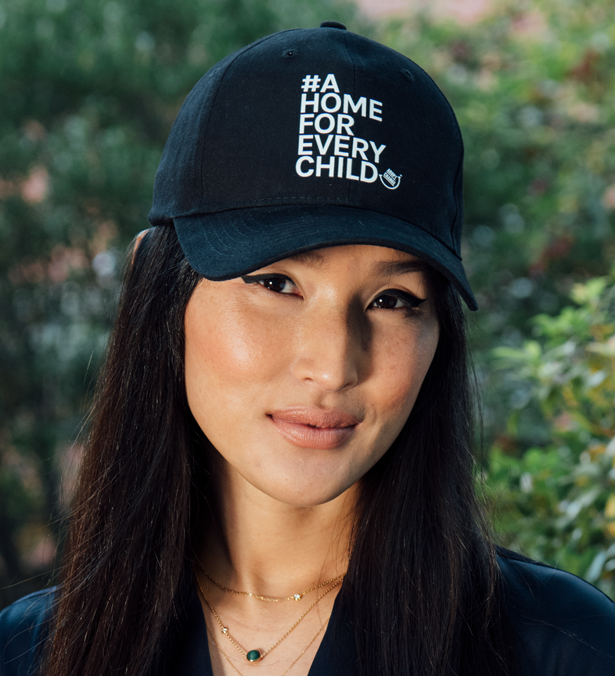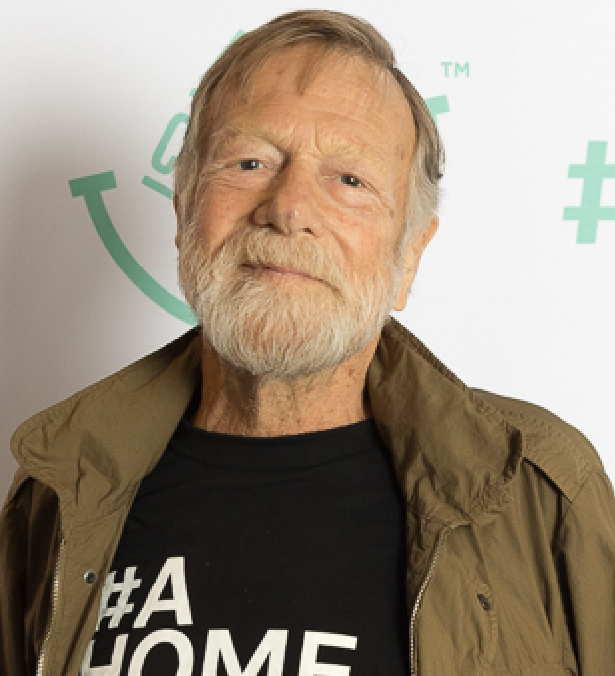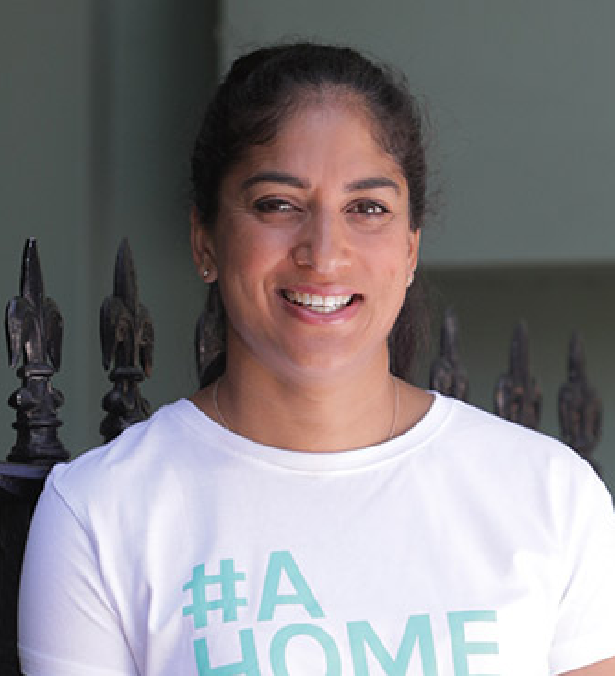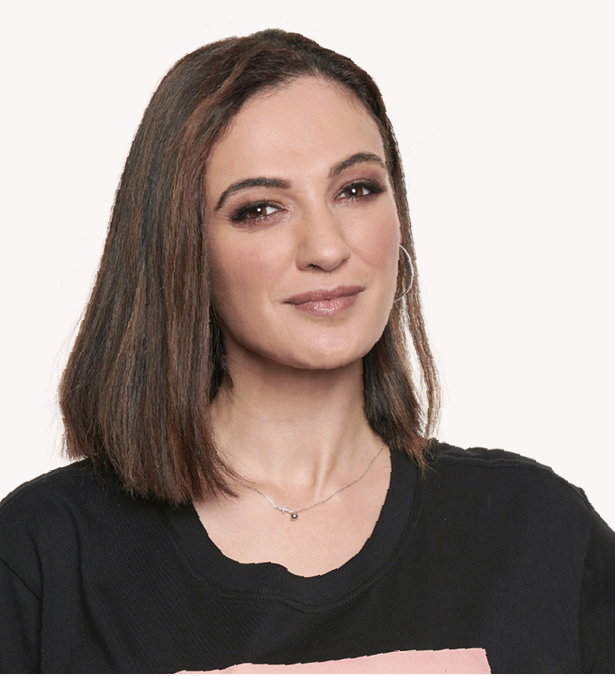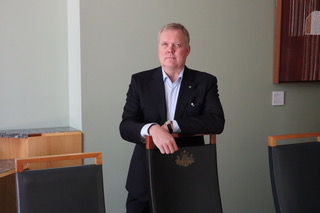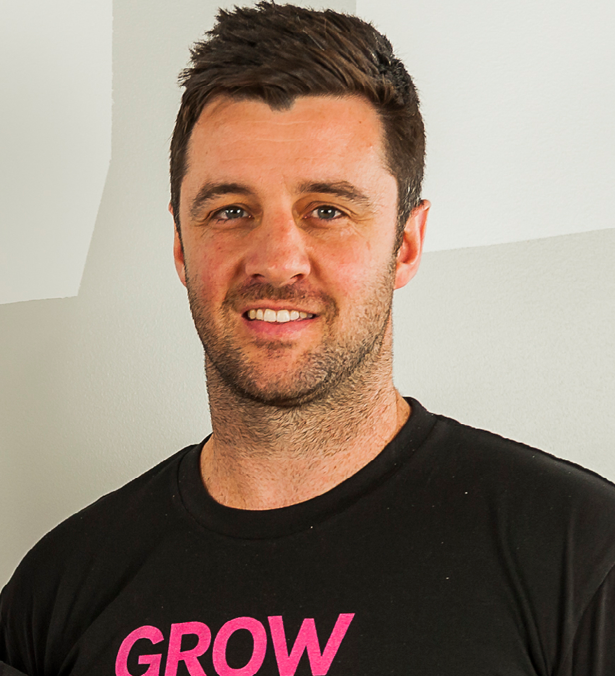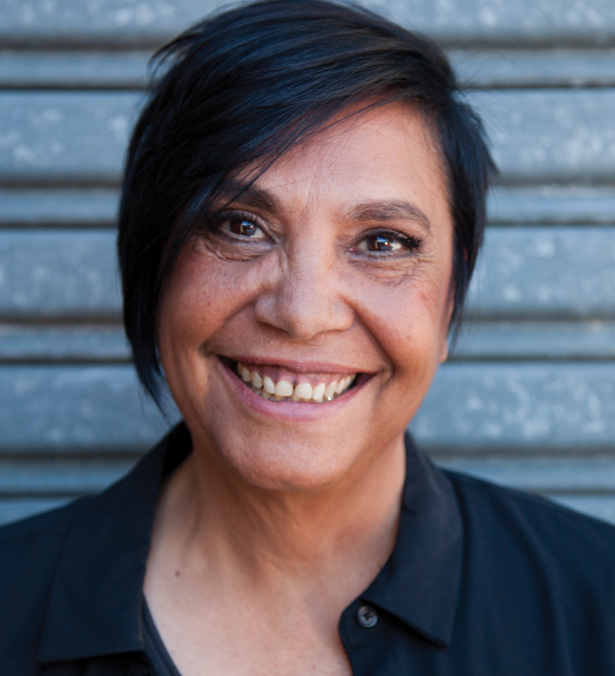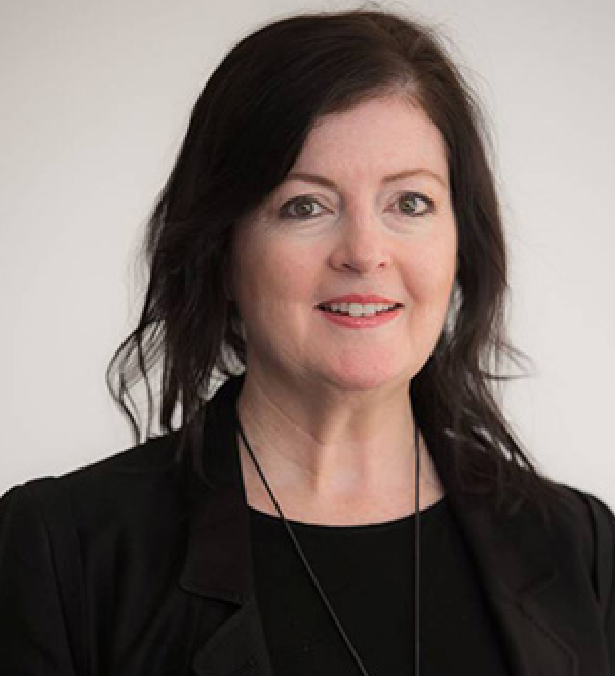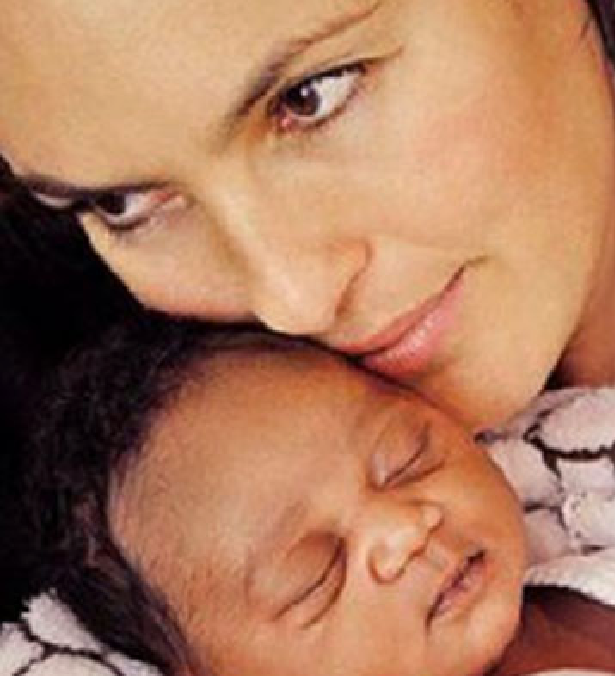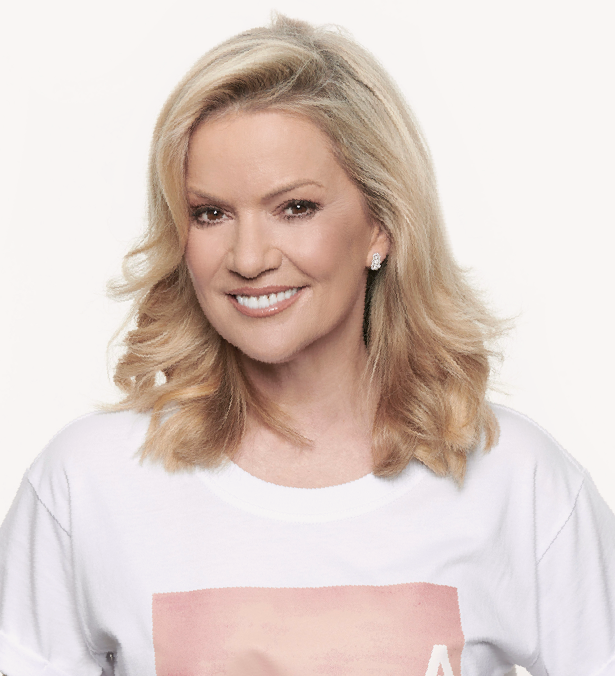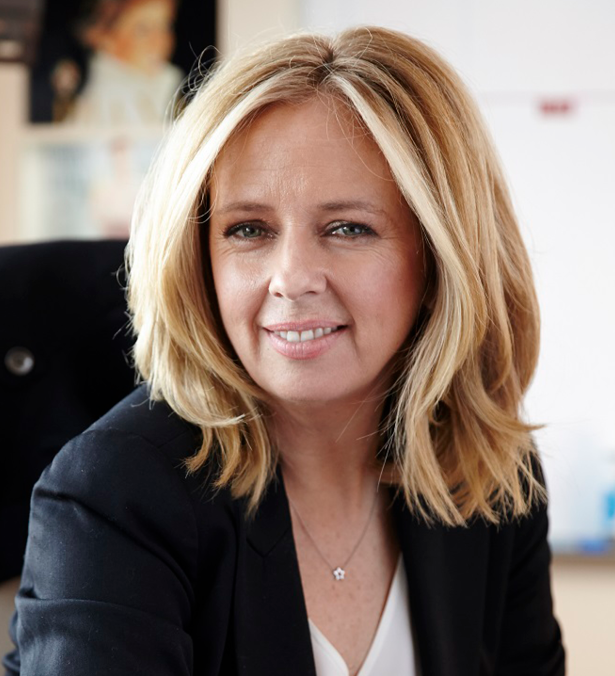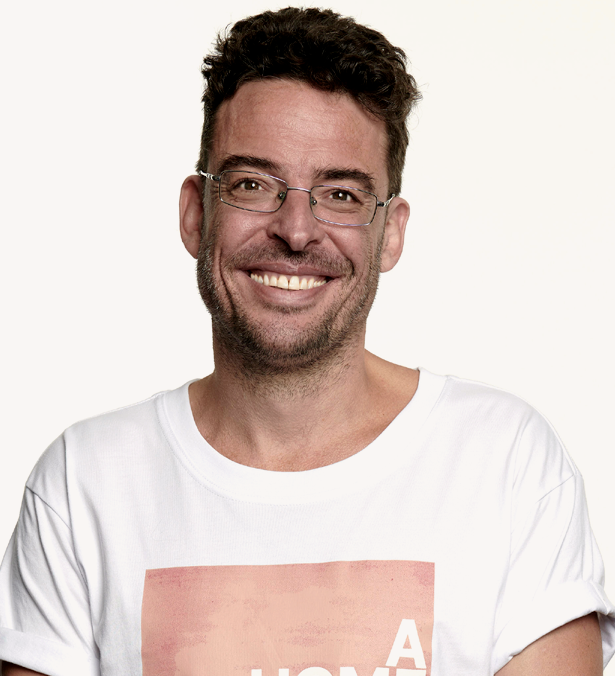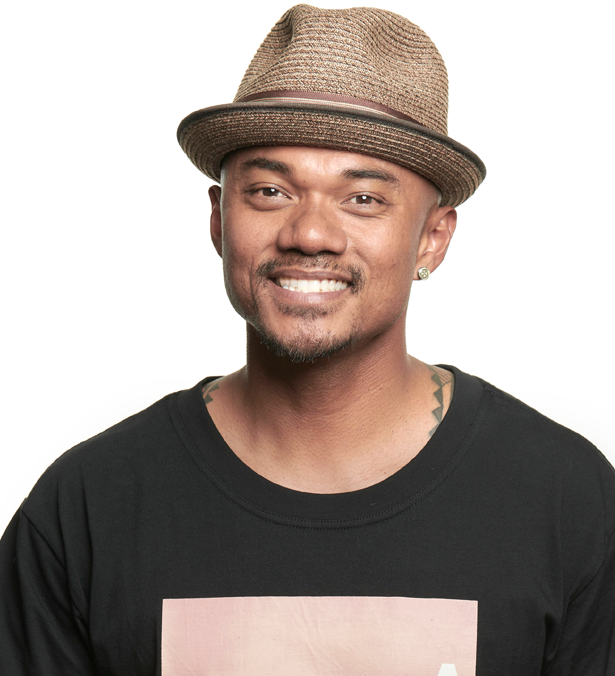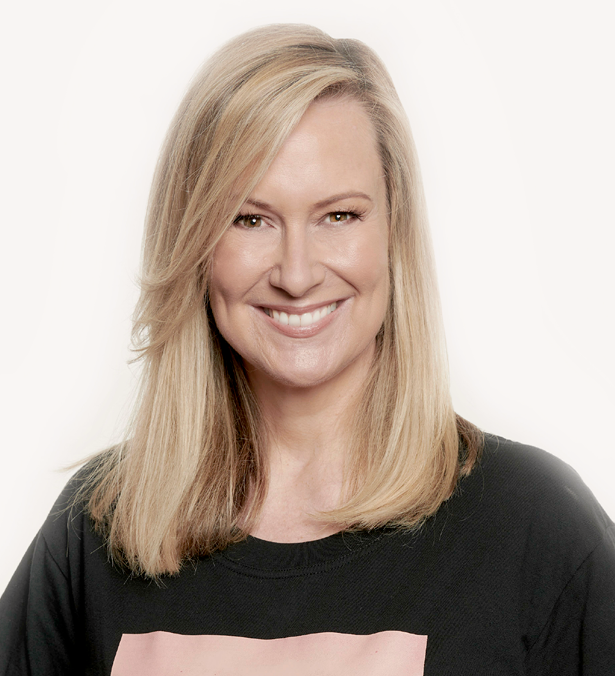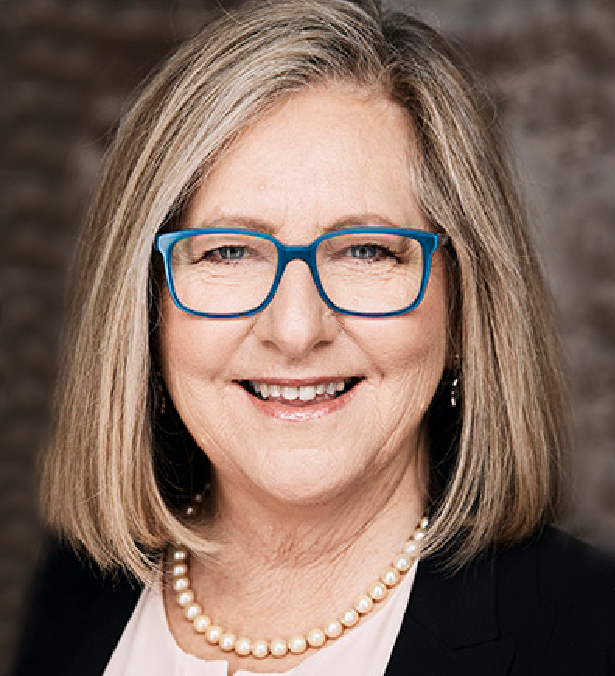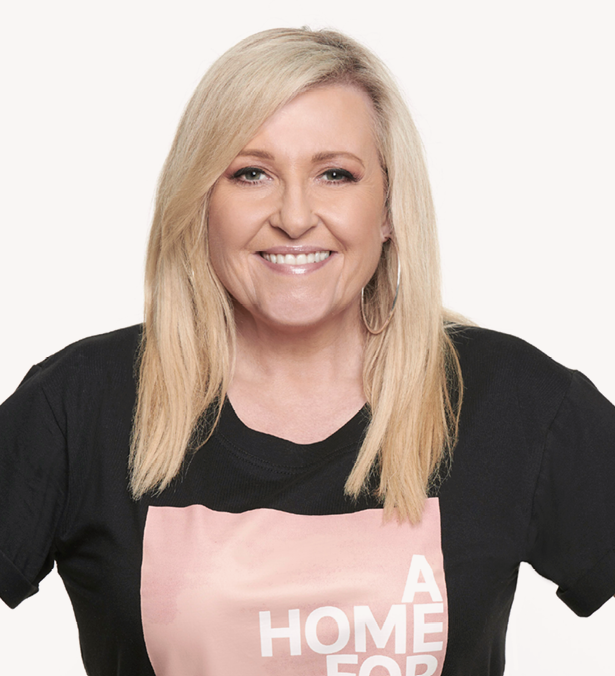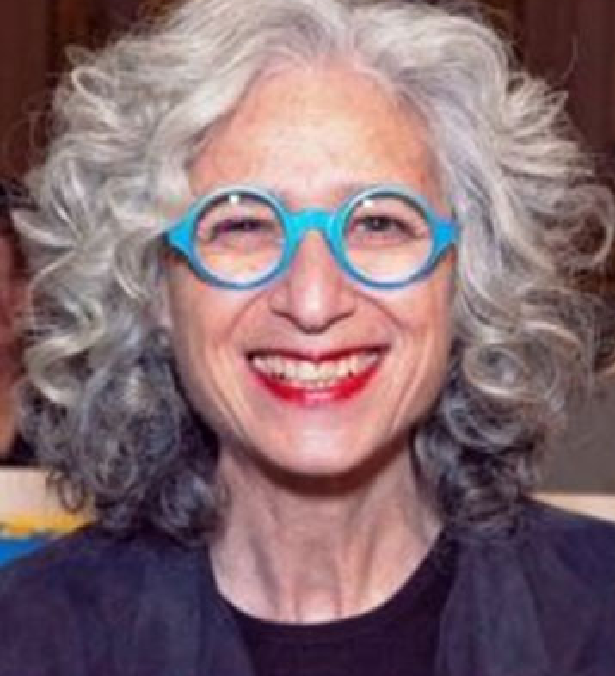Adoption and Permanent Care
Where to Start
If you are considering taking on the permanent care of a child (including through adoption), we recommend you first read our information on How Adoption Works In Australia.
As each state has its own legislation, agencies and variables, the next step is to assess the options for providing a permanent home to a child in NSW and determine which is right for you.
Currently in NSW there are five possible pathways for providing a permanent home for a child:
- Local adoption
- Intercountry adoption
- Carer adoption (Adoption from foster care)
- Guardianship
- Long-term foster care
Local Adoption
The Department of Communities and Justice (DCJ) is the government agency responsible for providing adoption services in NSW.
DCJ does not approve very many people for local adoption, but aims to have a pool of applicants of varying backgrounds and characteristics approved for local adoption to enable us to meet the various needs of the children for whom adoption is being considered.
In NSW children might have an adoption plan made by the birth parent(s) to place them for adoption; children are usually under the age of two in these cases. The birth parents are involved in the selection of adoptive parents for their children.
Other approved adoption agencies
A number of accredited adoption agencies also provide adoption services in NSW.
The information in this fact sheet applies to Government processes. Please contact the agencies listed below for information about their adoption processes.
Anglicare Adoption Services
Call: 02 9890 6855
Australian Families for Children (AFC)
Call: 02 9389 1889
Barnardos Australia Adoptions (Find-a-Family)
Adoption of children from birth to 12 years
Call: 02 8596 5000
Family Spirit Adoption Services
Call: 8709 9333
Email: adoptions@familyspirit.org
Intercountry Adoption
DCJ also manages the applications and assessments for those applying to adopt children through one of Australia’s intercountry adoption programs.
The role of DCJ is to ensure that those applying to adopt children through these programs meet the requirements for adoption, that they have received the appropriate training and information, and to ensure that appropriate post-adoption support is received.
Costs
There are administrative and legal costs relating to a local and intercountry adoption NSW.
Additionally, intercountry adoption involves costs such as air-fares when you travel to meet and bring home your child, and visa and immigration fees.
For both local and intercountry adoption you should also factor in the time you will spend away from the workforce in order to support, and form a relationship with, your adopted child when they return home with you.
More information about fees can be found in the Thinking About Adoption fact sheet.
Criteria
To adopt a child in NSW you must be at least 21 years of age, resident or domiciled in NSW and meet legislated eligibility criteria for adoption applicants which can be found in the Thinking About Adoption fact sheet.
If you wish to be approved for intercountry adoption you will need to indicate which country you are applying to, and meet the eligibility requirements for that country as well as the requirements for NSW.
Information about the various intercountry adoption programs and criteria can be found on the Intercountry Adoption Australia website.
Applying to Adopt a Child – Local and Intercountry Programs
In NSW the process for applying to adopt a child through either the local or intercountry programs is the same:
- Read the fact sheet Thinking About Adoption.
- Request an Adoption Information Package (details on how to do this are included in the Thinking About Adoption fact sheet)
- Complete and submit an Expression of Interest form
- If you meet the preliminary criteria you will be invited to attend a three-day Preparation for Adoption seminar in Sydney
- Complete a formal application (including medical reports, criminal record checks, personal references, birth and marriage certificates and if applicable certificate(s) of naturalisation)
- Undergo a detailed assessment. This is carried out by an Adoption Assessor who will conduct a series of visits to your home to talk with you in-depth about your application, and prepare a report and recommendations about your suitability to adopt a child.
Approval
For local adoption, the final decision about your suitability to adopt is made by the Manager Caseworker Adoption & Permanent Care.
Intercountry adoption applicants’ approved assessment reports will be forwarded to the overseas adoption program for consideration, and the final decision as to whether your application is approved is made by the overseas adoption authority.
For more information about the process please refer to the DCJ website.
Permanency Placement Principles
NSW has developed permanent placement principles to guide placing a child or young person who has been removed from their home for their well-being, safely in a permanent home.
The first step is to work intensively with the family to address the issues that led to their child’s removal. NSW is implementing a number of evidence-based programs with the aim of increasing the numbers of children who can safely return to live with their birth family.
The guidelines set out the timeframes for when the Children’s Court must decide if returning a child to their parent is possible. If it is decided that it is not possible, then one of the following alternative permanency pathways will be sought for that child according to their situation and needs.
- Carer adoption (for non-Aboriginal children)
- parental responsibility to the Minister (long-term foster care)
Please note that adoption is not usually considered suitable for Aboriginal and Torres Strait Islander children (refer to the Placement Principle). Guardianship is the preferred permanency pathway for indigenous children. If Guardianship is not possible or suitable, then long-term foster care will usually be considered next rather than adoption.
If you are already a Foster Parent/Carer your Case Manager or other qualified person should discuss in detail the pros and cons of adoption, Guardianship and long-term foster care for your family. The following information provides an overview in summary.
Guardianship
Under a Guardianship order, a child or young person is not in foster care or out of home care, but in the independent care of their guardian.
A guardian is a person who provides a caring, safe home for a child or young person until they turn 18 years old. Guardians have full care and responsibility for a child or young person in their care. The Children’s Court can make a guardianship order for a child or young person who needs care and protection or who is currently in out-of-home care.
Criteria
Guardianship is for a relative or kinship carer (or sometimes an authorised foster carer), who is considering seeking long-term full parental responsibility for a child or young person. Under a guardianship order, a guardian takes on full parental responsibility of the child or young person, making all decisions about their care until they reach 18 years of age.
Read more about Guardianship.
A guardian can be a relative or kinship carer, a family friend or an authorised carer who has an established and positive relationship with the child or young person. For Aboriginal children and young people, guardians who are not relatives or kin should be Aboriginal people in order to be considered ‘suitable persons’.
Applying to Become a Guardian
Anyone wanting to become a guardian will go through a detailed review and assessment process. This includes seeking the views of the child or young person, their family and their carer. Children or young people aged 12 years or older must give their written consent to a guardianship order being made, where they are capable of doing so.
The Children’s Court makes the final decision about a guardianship order being made.
If you would like to find out more about becoming a guardian, visit the Pathways to Permanency website or call the DCJ Guardianship Information line on 1300 956 416.
Carer Adoption
If a child has lived with a carer for at least two consecutive years and restoration to their birth family or Guardianship to a member of their extended family is not considered appropriate, the Foster Parent/Carer may be able to apply to adopt the child in their care.
As with Guardianship, the views of the child or young person will be taken into consideration. Children or young people aged 12 years or older must give their written consent to an adoption order being made, where they are capable of doing so.
Applying
Foster Parents/Carers should let their Case Manager know that they wish to adopt.
Applicants should be aware that even for existing Foster Parents/Carers the assessment process is still rigorous and can be lengthy.
If you do not already have a child in your care, the DCJ accredited adoption agencies listed above offer long-term foster care, with the possibility of being able to adopt the child in your care if it is considered in their best interest.
If you would like to find out more about carer adoption visit the Pathways to Permanency website or call the DCJ Open Adoption Hotline on 1800 003 227.
Long-term Foster Care
Under the new NSW Permanency Placement Principles, long-term foster care is considered to be the least preferred option for the majority of children. However for some children, including Aboriginal and Torres Strait Islander children, long-term foster carers will still be needed.
To apply to become a foster carer in NSW you can be single, married, in a de facto relationship or same-sex relationship. To be eligible you must be:
- ideally over the age of 25
- an Australian citizen or permanent resident
- in good health
- without a criminal record
Applying to become a foster carer
The Department has transferred most of the provision of out-of-home care to non-government agencies. You can find a list of these agencies below.
It is also possible to become a Foster Parent/Carer with the Department in some areas of NSW, and for specific groups of children. Currently, the Department is recruiting carers:
- who can offer emergency care
- who can offer emergency care who can offer short-term care
- to care for Aboriginal children
- to care for children with a disability
- to care for sibling groups (two or more children and/or young people).
As with Guardianship and Adoption, applicants must submit an expression of interest, attend pre-approval training, and go through a detailed assessment process.
-
Introducing Integrated Birth Certificates
The Adoption Legislation Amendment (Integrated Birth Certificates) Act 2020 has now amended the Adoption Act 2000 and Births, Deaths and Marriages Registration Act 1995 to enable the issuing of an Integrated Birth Certificate (IBC) to adopted persons in NSW from 16 November 2020.
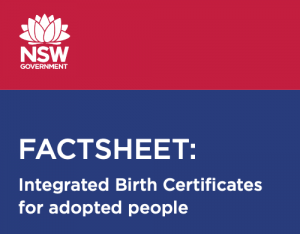
- Application to Obtain Adoption Information
NSW Agencies
Government Department
Adoption Agencies
Foster Care Agencies
Family Spirit (by CatholicCare Sydney and Marist180)
Family Spirit is a new agency that unifies the expertise and compassion of Marist180 and CatholicCare Sydney which began operations in July 2018.
Our services include support aimed at helping families stay together, all forms of foster care (short-term, respite, kinship and long-term) as well as adoption and guardianship services. We also provide ongoing support and services to young people who are transitioning from care to living independently.
Visit Family Spirit’s website for more information.

